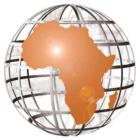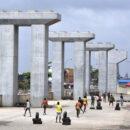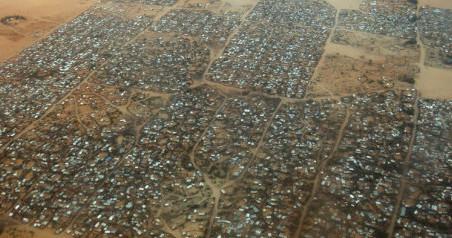Fairtrade not the whole answer for chocolate nations


Orla Ryan is a journalist and author of Chocolate Nations: living and dying for chocolate in West Africa
Visit any sweets counter in a UK supermarket and you are quickly overwhelmed by choice. Organic chocolate from the Dominican Republic? Dark chocolate from Venuzuela? Or handmade Belgian confections? Chocoholics face a dizzying array of bars. Many want not just a tasty treat but reassurance that farmers are well looked after. They look for Fairtrade or other sustainable labels that promise to pay producers a decent wage. But does it make that much difference to farmers which bar of chocolate you buy?
This is a subject I have given a lot of thought to. In 2005, I accepted a job with Reuters in West Africa. As part of my work, I wrote about the cocoa crop. It was a shock to realise that even though Ghana is the world’s second-biggest producer of these beans and Cote d’Ivoire the world’s biggest, farmers had little to show for their hard work.
Many lived in simple mud dwellings without running water or electricity. Their villages lacked schools. Their holdings were small, often just a few acres. I wondered why farmers remained so poor and what Fairtrade could do to help them. I wondered what difference it made to farmers which bar of chocolate I bought.
Ghana‘s Fairtrade co-operative Kuapa Kokoo was set up in 1993. Its founders told me they were fed up of being cheated and wanted to run their own company. Kuapa now has 40,000 members. Farmers receive a minimum farm gate price and a social premium. They also own a 45 per cent stake in Divine chocolate company.
This certainly sounds impressive, but when I went to the bush, I found a more complicated reality. World cocoa prices easily exceed the Fairtrade minimum. Kuapa has built schools and clinics but competition for beans is fierce and many other buyers offer farmers incentives, such as loans or machetes or insecticides. Some farmers are loyal to Fairtrade but many have good reasons to sell their beans elsewhere.
Fairtrade is also very much a niche initiative. Kuapa is forecast to sell 20,000 tonnes of Fairtrade cocoa this year, a small slice of Ghana’s annual output of 650,000 tonnes, and an even smaller slice of a world crop which totals 3.5 million tonnes. The co-operative’s 40,000 farmers make up just over 5 per cent of the country’s 720,000 farmers.
While these 40,000 farmers may have benefited from Fairtrade, all of Ghana’s farmers have benefited from a government decision to increase farm gate prices. Ghana has fixed a minimum farm gate price of 3200 cedis, or $2165, roughly two thirds of the world market price. It is unusual for farmers to be this well rewarded. During the late 1970s, producers received just 10 per cent of the world market price. What has changed in the past thirty years?
Since the early 1990s, Ghana has had five democratic elections and two changes of power. The country’s 720,000 farmers make up a strong lobby and the advent of democracy has coincided with a rise in prices paid to farmers. The government decision to increase prices has benefited all of the country’s 720,000 cocoa farmers, of which just 40,000 are Fairtrade. Without this democratic push, the vast majority of the country’s farmers would be much poorer.
A lot more needs to be done to improve farmers lives. Cocoa markets are volatile. A handful of large chocolate companies dominate the world trade. Producers are heavily taxed. Their holdings are small and yields are low. Better productivity could protect the vast majority of the country’s farmers from a fall in prices, not just the 40,000 that belong to the Fairtrade co-operative.
The situation on the ground is far more complicated than implied by the Fairtrade narrative. The simple story told on the supermarket shelf belies a complicated reality. Fairtrade may help some farmers. But the truth is that far bigger factors than Fairtrade are shaping the world cocoa industry.
You might also be interested in…
Prof Chris Cramer – Does Africa need Fairtrade?






